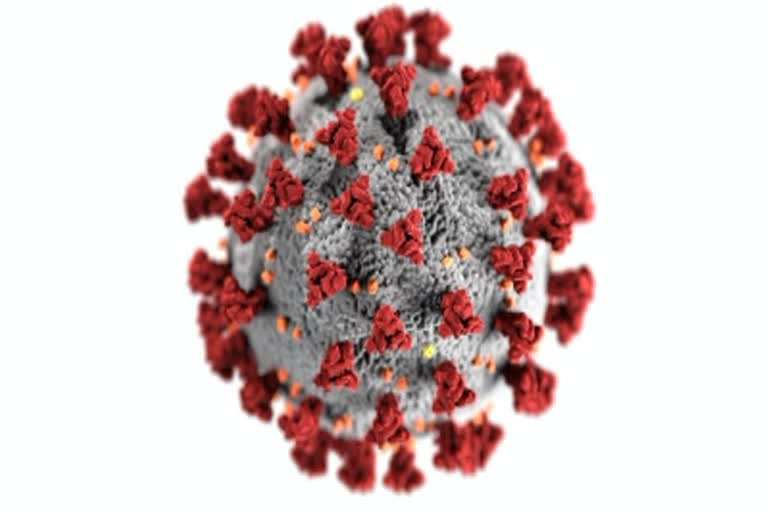New Delhi: The UNICEF on Wednesday said that India had a tough time due to the Covid19 pandemic as in June-July joblessness among the Indian families in the cohort was 26 percent in urban and 20 percent in rural areas.
However, it declined to pre-pandemic levels of 8 to 9 percent by December 2020, UNICEF said.
“Due to poorer quality of jobs available post pandemic, that not only pays less but is not in commensuration with the skill possessed by the worker as most families experienced a decline in wages and persistence of lower incomes, especially in rural India,” said a report compiled by UNICEF India in partnership with the Indian Institute of Human Development (IHD).
The study was designed and rolled out in partnership with 13 Civil Society Organizations and its network of 300 community volunteers living in the 300 locations, where the study was conducted. The data was collected in four rounds between May and December 2020, covering 12 districts in seven states.
The study assessed the immediate social and economic costs of the pandemic, lockdown and post-lockdown challenges faced by vulnerable communities such as urban slum dwellers, rural communities and children in the country.
It brought to attention the impact on livelihoods, food availability, health, nutrition, education, and access to basic public services such as health, nutrition, and social protection schemes by vulnerable groups in 2020. Though this report is being released now, the lessons learnt from the study would be useful for future in handling humanitarian emergencies, especially around access to social services by the marginalized families.
The report further said that in December, 62 percent of those working under MGNREGS got timely wage payment, an improvement from 41 percent in October-November 2020.
“Access to treatment for COVID-19 in August-September improved in urban areas vis-à-vis those in rural areas. Access to government facilities for pregnancy-related services post pandemic related lockdown improved positively in August-September and December. In December, access to MCP/JachchaBachcha/ Mamta Card (December) was higher in rural areas (94 percent) than urban (82 percent),” the findings of the report said.
While the availability of health services for pregnant women improved yet, just around a third of the women who were aware, received maternity benefits as given under the Government scheme, it said.
“Child immunization was adversely impacted more in urban than in rural areas. In August-September 2020, the child immunization situation improves. In December 2020, 81 percent of rural mothers and 71 percent urban mothers of less than one-year old children reported that they have immunized their children,” the UNICEF report said.
During the first wave of the pandemic, the impact of the lockdown was more severe in urban than in rural areas. Urban infrastructure for delivery of social services needs strengthening, it said.



